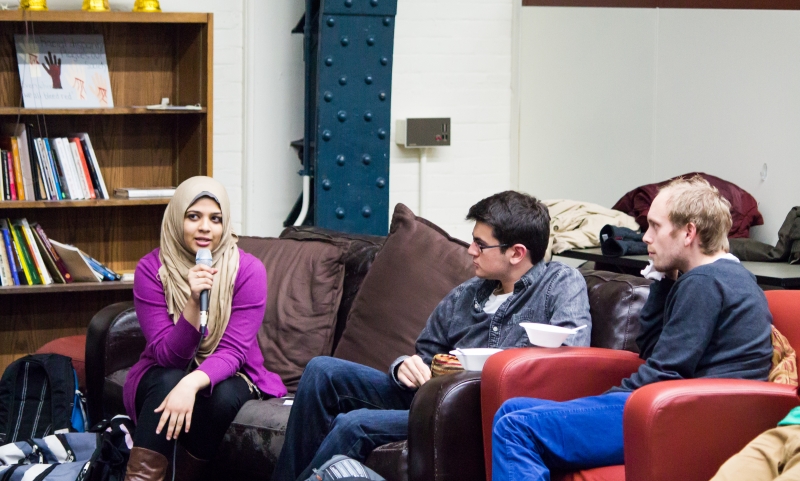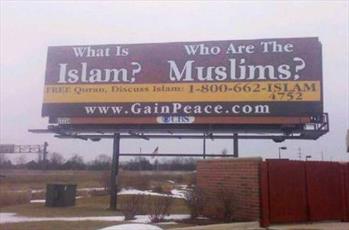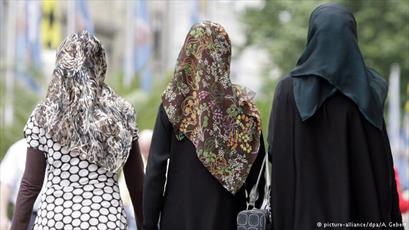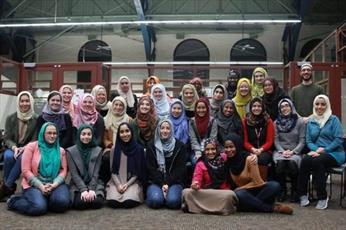Hawzah News Agency-The Muslim Student Association aims to educate UW-Madison about Islamic culture during Islam Appreciation Week over the next several days.
MSA kicked off the week with a social event. The group shared a presentation with attendees on the background of Islam followed by a question and answer session led by board members of MSA.
UW-Madison junior and MSA member Iffa Bhuiyan said she feels that, in light of the 2016 presidential election, it is her role as both an MSA member and a student at UW-Madison to raise awareness of the religion and what being Muslim entails.
“Things have been tense here,” Bhuiyan said. “So for me to able to show my face and say, ‘Here we are, this is what Muslims are about, we’re not that scary,’ and to be able to do that for other people on campus I just think is super important.”
Bhuiyan added that mosque sermons have recently changed to a cautious tone, with sermons emphasizing patience and understanding toward those who come from a different perspective.
“I really hope to see more non-Muslims than Muslims to kind of show up this week and learn about what Islam is,” Bhuiyan said.
Islam Appreciation Week activities include giving out free hijab headpieces and openly discussing Muslims’ perspectives on love, sex and dating in American society.
MSA President Najeeha Khan said breaking down the stereotypes of Islam is a big goal for the week, especially following the election.
“If there’s anything we’ve learned from this election it’s that people don’t know about us,” Khan said. “And it’s super important, our responsibility, to educate people because we don’t expect them to know things if we are not putting ourselves out there.”
MSA has typically held Islam Appreciation Week in the spring, but because of sensitivity to diversity on campus in the aftermath of the election results, members of the organization felt it would be more appropriate to move it to earlier in the academic year.
“I think for a lot of Muslim students, sometimes being a minority, it’s important to find a community and just people you can relate to on a level,” Kahn said. “Especially when the media are saying crazy stuff and people are believing crazy stuff, it’s nice to have people you can fall back on as your support group.”






Your Comment